31 Dec Signal Transduction in Neurons
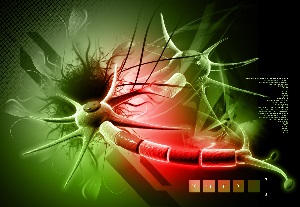
Wires in the Brain Electrical impulses jump from neuron to neuron in the brain through their branching nerve fibers. This movement of electrical potentials is called signal transduction, and significantly resembles the process of electrical flow in printed circuit boards and semiconductor chips. Nerve fibers (axons and dendrites) are filled with a fluid called axoplasm. […]
30 Dec Aristotle and von Neumann
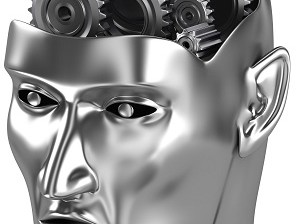
In the 1950’s, John von Neumann compared the computer to the brain. Scientific inquiry that laid the foundation for that comparison, however, had begun long before. The influence of the Greek philosopher Aristotle’s association theory (metaphysics), for example, is evident in neural net theory. In The Computer and the Brain, Dr. von Neumann describes how […]
30 Dec Context Models
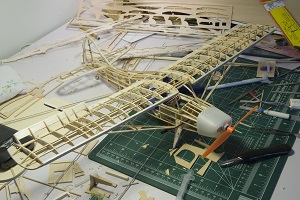
Building a Model The goals of the research that evolved into Understanding Context were twofold: to investigate human physiology/psychology for clues that would let us evaluate neuromorphic computational paradigms; and to explore the possibility of new computational models using context to correlate and associate concepts. Birds fly and they are lightweight. Building models of flight with lightweight materials works […]
31 Oct Modeling Biological Systems

Possible Mechanisms of Learning, Memory and Cognition In the first section of this blog, I talked about the brain, as a whole, to establish a framework for the discussion of natural intelligence. In this section, I have delved into the inner workings of neurons, themselves to ensure we understand how complex they are, and where we […]
29 Oct DNA and Biocomplexity

Bio-Complexity Before I can feel comfortable designing a machine or software that can perform brain-like tasks, I want to understand the brain and the broader context in which it develops and operates. The last thing I want to do is over-simplify my assumptions and fail in my design. Nor do I want to over-complexify. I don’t […]
25 Aug Learning from Brain Disorders
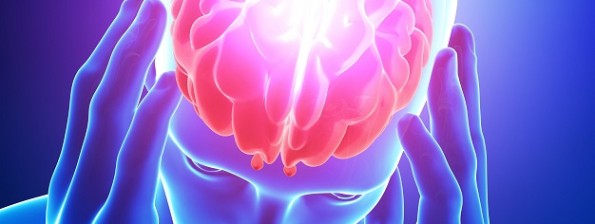
Serotonin Imbalance I am possessed of an orderly disorder. My “Obsessive-Compulsive Disorder” (OCD) compels me to make sure everything is lined up nicely. Do good managers benefit from a little OCD? Today’s post is about what we can learn about the brain from observing what happens when something isn’t exactly right. Collette Bouchez, on WebMD, tells us […]
22 Aug Unlocking the Power of Unruly Systems

Rules are the basis of all good decisions. Humans learn learn them through observation and nurture. Can systems do the same thing – can they learn through observation and nurture? I propose that they can. At it’s simplest, a rule takes the form of a premise (“IF clause”) and conclusion (“THEN clause”) and can be stated in natural […]
31 Mar Asymmetrical Balance, True Love and Chaos

Inequality is the Pattern Unequal distributions characterize everything in the universe from subatomic particles to galaxies. In fact the whole idea of “equality” in the physical universe seems at least a tiny bit sketchy. At the extreme end of unequal distributions is chaos. On the near end are things that approximate equality: balance, parity, equal opportunity, symmetry […]
19 Mar Neural Networks – Section 3 Intro
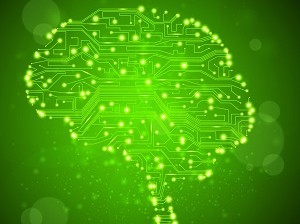
It’s all in your head My posts on Brains and Neurons show us there is a sense of structure and order in the brain. By looking at the brain’s areas, we see how each plays a special role in processing the information necessary to support human cognition and other activities. We’ve looked at neurons and learned that each type has its own components, […]





